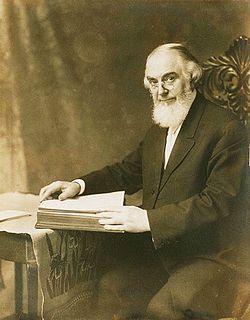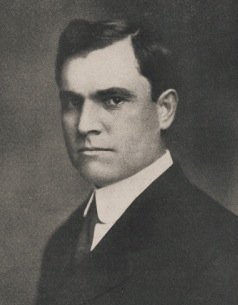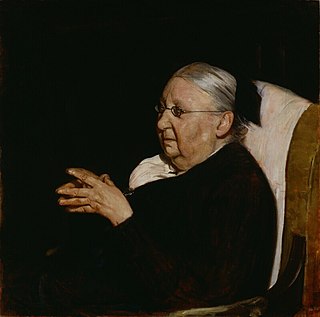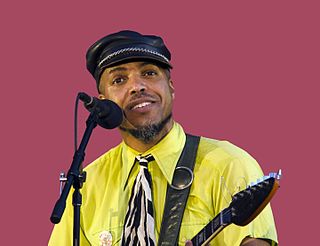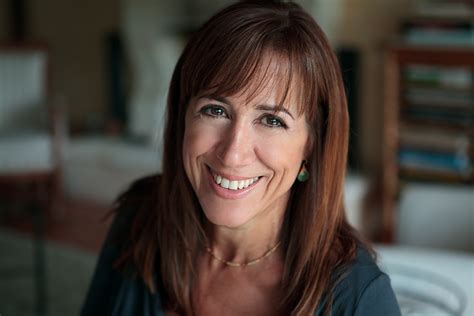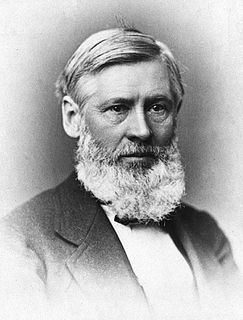A Quote by Charles Taze Russell
Our Masonic friends have it down very fine. I do not know where they got it so well. I have often wondered where they found out so many of the secrets of our High and Accepted Order of Masonry.
Related Quotes
The genius of Freemasonry is not our Masonic buildings and temples or the trappings of our organizations. It is not our great charities or community activities. It is not our beautiful rituals or their teachings! It is the 'practice of Freemasonry' by the Freemasons. Yet we cannot practice that which we do not know or understand. Thus Masonic education is the foundation for our Fraternity.
Brother Carl H. Claudy in The Master's Book says, '.. one thing and only one thing a Masonic Lodge can give its members which they can get nowhere else in the world. That one thing is Masonry.
It is not strange that men of note and learning, attracted by the wealth of symbolism on Masonry, as well as by its spirit of fraternity perhaps, also by its secrecy began at an early date to ask to be accepted as members of the order; hence Accepted Masons. How far back the custom of admitting such men to the Lodge goes is not clear, but hints of it are discernable in the oldest documents of the order.
It is often said that in prosperity we have many friends, but that we are usually neglected when things go badly. I disagree. Not only do malicious people flock about us in order to witness our ruin, but other unfortunates as well, who have been kept away by our happiness, and now feel close to us on account of our troubles.
Switch on the television or glance at the newspaper: You will see death everywhere. Yet, did the victims of those plane crashes and car accidents expect to die? They took life for granted, as we do. How often do we hear stories of people whom we know, or even friends, who died unexpectedly? We don't even have to be ill to die: Our bodies can suddenly break down and go out of order, just like our cars. We can be quite well one day, then fall sick and die the next.
If you take any flower you please and look it over and turn it about and smell it and feel it and try to find out all its little secrets, not of flower only but of leaf, bud and stem as well, you will discover many wonderful things. This is how you make friends with plants, and very good friends you will find them to the end of our lives.
My father never got films to our dinner table. It was never the case with us as well that our father works in films, and we know so many actors. It was like him going to work like any other father. In fact, my school friends would ask me if I have met a certain actor, and I would tell them that I haven't, which they found strange.
The paradox is that exactly the reverse is true. Everything that’s really worthwhile in life came to us free; our minds, our souls, our bodies, our hopes, our dreams, our ambitions, our intelligence, our love of family and children and friends and country. All these priceless possessions are free.
But the things that cost us money are actually very cheap and can be replaced at any time. A good man can be completely wiped out and make another fortune. He can do that several times. Even if our home burns down, we can rebuild it. But the things we got for nothing, we can never replace.
We have probably wondered in our many lonesome moments if there is one corner in this competitive, demanding world where it is safe to be relaxed, to expose ourselves to someone else, and to give unconditionally. It might be very small and hidden, but if this corner exists, it calls for a search through the complexities of our human relationships in order to find it.
